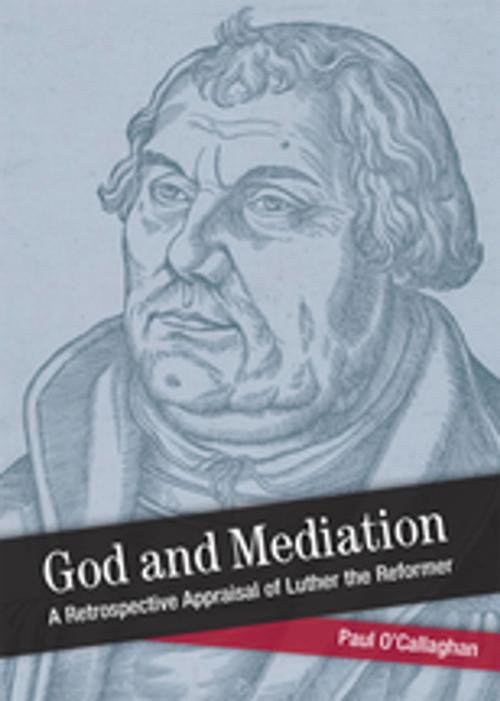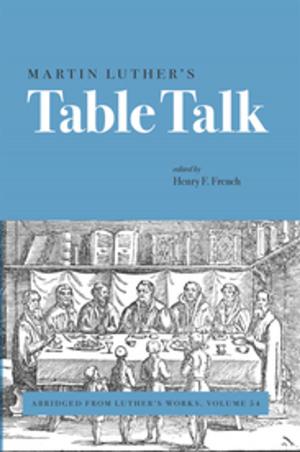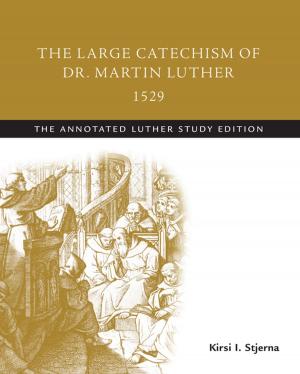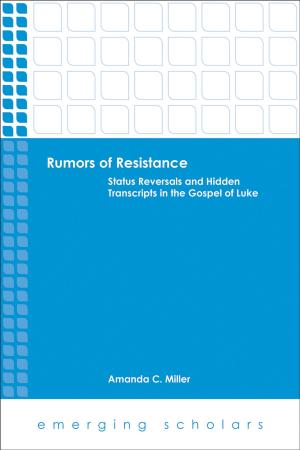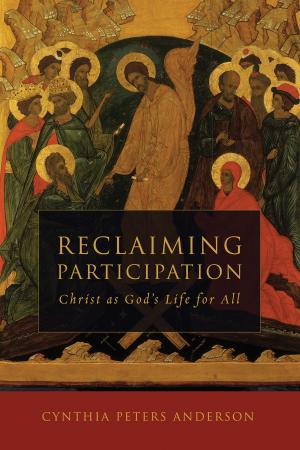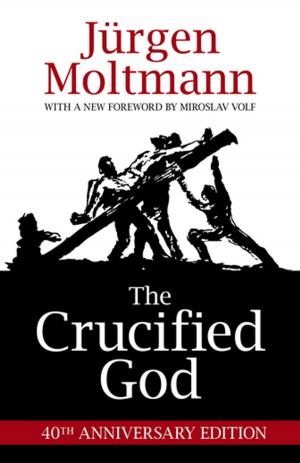God and Mediation
Retrospective Appraisal of Luther the Reformer
Nonfiction, Religion & Spirituality, Christianity, Church, Church History, Theology| Author: | Paul O'Callaghan | ISBN: | 9781506425153 |
| Publisher: | Fortress Press | Publication: | December 1, 2017 |
| Imprint: | Fortress Press | Language: | English |
| Author: | Paul O'Callaghan |
| ISBN: | 9781506425153 |
| Publisher: | Fortress Press |
| Publication: | December 1, 2017 |
| Imprint: | Fortress Press |
| Language: | English |
Martin Luther‘s effort to put God at the very center of human life hinged on five principles: sola gratia, sola fide, sola Scriptura, solus Christus, and ecclesia semper reformanda. They formed the basis for a much-needed reformation of the Christian church projected by Luther and others. Besides inspiring an important renewal of Christian life, however, the Reformation also occasioned the breakup of Western Christianity, which in turn justified religious wars, provided an anti-witness to Christian revelation, privatized the faith, and facilitated the secularization of society as a whole. On the occasion of the five hundredth anniversary of the Reformation, this book attempts to appropriate, situate, and to some degree reinterpret Luther‘s most precious and enduring insights on the basis of the above five principles, which come to mean that God‘s being and action must always come first. On the basis of Luther‘s writings, the book also attempts to consider how grace reaches out to freedom, faith to reason, Scripture to church tradition, Christ to ministry, church to mediation. God‘s being and action always come first, yet God‘s first gift, creation, and the mediations that derive from it are not undone or rendered irrelevant.
Martin Luther‘s effort to put God at the very center of human life hinged on five principles: sola gratia, sola fide, sola Scriptura, solus Christus, and ecclesia semper reformanda. They formed the basis for a much-needed reformation of the Christian church projected by Luther and others. Besides inspiring an important renewal of Christian life, however, the Reformation also occasioned the breakup of Western Christianity, which in turn justified religious wars, provided an anti-witness to Christian revelation, privatized the faith, and facilitated the secularization of society as a whole. On the occasion of the five hundredth anniversary of the Reformation, this book attempts to appropriate, situate, and to some degree reinterpret Luther‘s most precious and enduring insights on the basis of the above five principles, which come to mean that God‘s being and action must always come first. On the basis of Luther‘s writings, the book also attempts to consider how grace reaches out to freedom, faith to reason, Scripture to church tradition, Christ to ministry, church to mediation. God‘s being and action always come first, yet God‘s first gift, creation, and the mediations that derive from it are not undone or rendered irrelevant.
